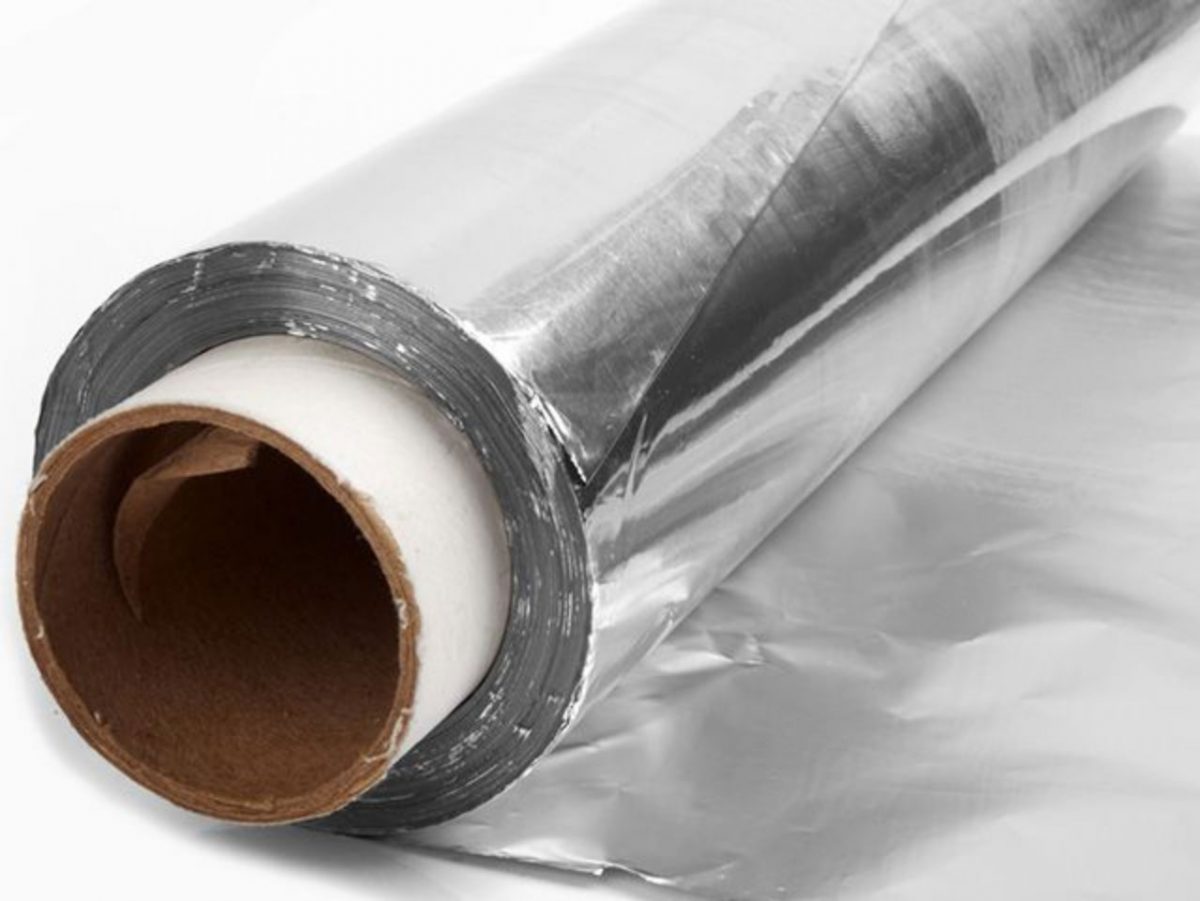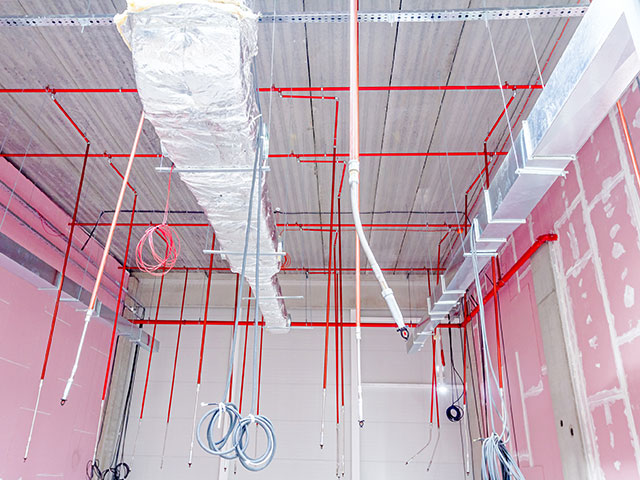Providing a better heating and cooling environment is often the first consideration that crosses the homeowner’s mind when choosing insulations. It’s not often that the insulation purchaser thinks about sound protection, however. Yet the amount of sound protection should be at the forefront of the mind when buying insulation. It is a particularly important quality in situations where noise is or potentially will be an issue in the insulated structure. And when it comes to providing acoustical safeguarding, not all insulation are created equally.
So which types of insulation are better sound insulators than others? Aluminum foil for sound insulation happens to be one of the best performers in this regard, and there are a lot of other benefits associated with the material as well. Installers of the insulation will like that aluminum foil is both lightweight and easy to put in. It is also a more sustainable material than other types of insulation due to its recyclability and its odor- and toxin-free construction. In addition, aluminum foil reflects and isolates heat as well as the competition yet it offers superior acoustical and vibration shielding.
To achieve the optimal radiant barrier sought from an insulation material, reflective aluminum foil is the most frequently encountered material. According to Wikipedia, a radiant barrier is a means of decreasing the “radiation of heat to or from the surface of a material.” As the name implies, a radiant barrier reflects radiant energy, thereby protecting a building structure against excessive summer heat while preventing precious heat from escaping during winter.
Using aluminum foil for sound insulation provides some unique qualities that allow it to offer all these insulation perks. First, because its mass is insignificant, its absorption and retention of heat is improved. Second, its E-values (i.e., emittance values) are very low. Therefore, heat transfer by radiation is minimized.
It is the first of these benefits that helps explain why aluminum foil protects so well against sound. That is, its ability to absorb and retain allows the material to capture unwanted noise at its source, preventing it from reaching the ears of nearby listeners. Just how well does aluminum foil perform this task? As a noise isolator it offers up to an 85% cancellation rate. That means only 15% of the offending sound is allowed through.
Even industrial settings can benefit from aluminum foil insulation. In fact, there are several advantages of aluminum foil over steel insulation. For high frequency noises like the hissing emitted by steam machinery, aluminum’s light surface mass gives it the edge over steel.
A lower mass isn’t aluminum’s only selling point, though, when it comes to noise insulation. Indeed, its substantially lower cost is attractive to residential, commercial, and industrial customers alike. It can be purchased in bulk rolls that are laminated with aluminum foil at a very affordable price point.
What other sought-after qualities can consumers expect from aluminum foil insulation? When they insulate their homes and buildings with the material, they will enjoy the peace of mind of fireproofing, temperature control, energy conservation, and condensation prevention. Protection against heat moisture and vapors is also a side benefit of insulating with aluminum foil.




